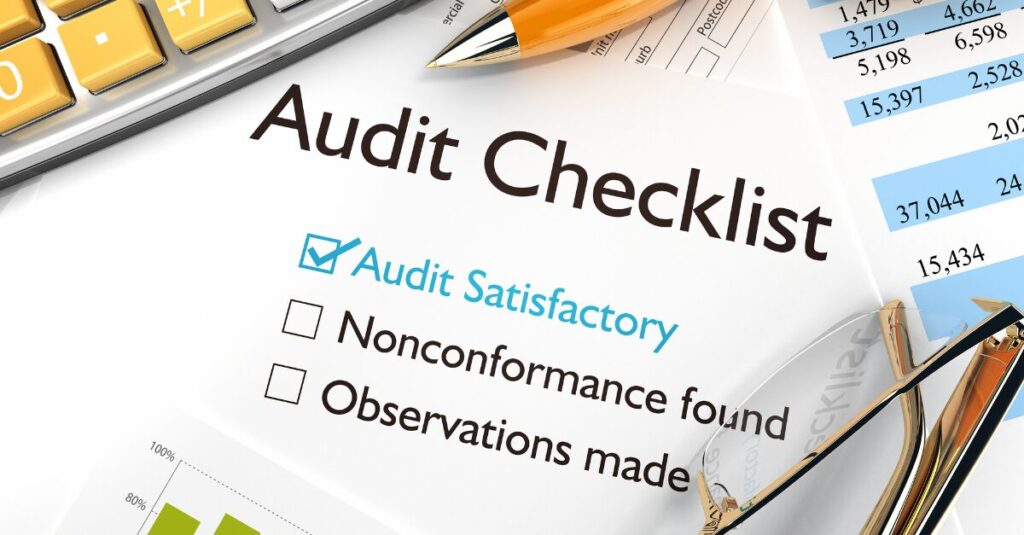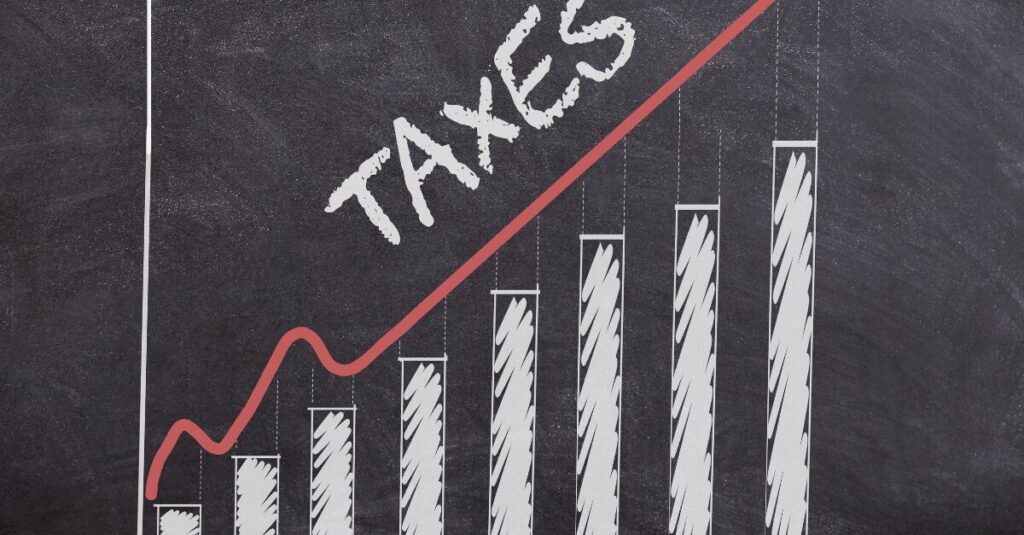Commercial Real Estate Property Tax Protest Success Stories
Dealing with commercial real estate property taxes can be complicated, especially when considering a property tax protest.
A property tax protest is a formal challenge to a property’s assessed value as determined by local authorities. This step aims to reduce property tax liability.
According to commercial real estate news platform CoStar, “Property tax appeals are hitting local assessment officials as the chasm widens between what an office building is now worth based on its potential rental income versus the value determined by an assessor.”
This disparity often prompts property owners to turn to specialized firms for help. But are property tax protest companies worth it?
Explore the effectiveness of Property Valuation Services (PVS) through five case studies, and learn more about property tax protest appeals and procedures.
Successful Property Tax Protest Examples
Summary
In 2021, PVS represented a client owning multiple hospitals in a large jurisdiction in Texas.
The hospitals were initially assessed at a collective real property value of $314 million annually.
This overvaluation posed a significant financial burden on the healthcare provider, prompting a need for meticulous review and appeal.
PVS prepared an analysis of the taxable value, articulated a well-founded position for property tax reduction and explored all reasonable avenues to ensure a fair protest process.
Our strategic approach involved direct negotiations with local taxing authorities.
Result
The appeal efforts for the property tax years 2020 and 2021 were highly successful. PVS reduced the property’s values to $295 million and $285 million, respectively.
These adjustments resulted in more than $1.25 million in property tax savings, alleviating the hospital system’s financial strain.
Summary
We represented a Missouri property owner who faced an unreasonable valuation increase on a closed, vacant big-box store.
The local property tax assessor had significantly increased the assessed value of the dilapidated retail structure and surrounding pavement, basing their decision on the lot’s hypothetical, lucrative potential use.
This revaluation ignored the current state of the property.
PVS crafted a compelling appeal by highlighting the building’s current untenable condition — vacant, vandalized and structurally damaged — with no market demand to support the assessor’s inflated valuation.
Their argument focused on the reality of the property’s condition versus speculative potential.
Result
The appeal led to a 50% reduction in the property’s assessed value. This substantial decrease resulted in a property tax savings of $89,665 for the property owner, illustrating the impact of a well-supported argument in property tax appeals.

Summary
A national hospital operator faced significant property tax challenges when it constructed a new building and vacated most of the old hospital, which became functionally obsolete.
Despite the old hospital being largely vacated and no longer operational, local property tax assessors continued to assess the property at its previous value, not considering its diminished functionality and economic obsolescence.
PVS took a strategic approach by quantifying the functional obsolescence of the old facility to challenge the outdated assessment.
Through skilled negotiations and a deep understanding of property tax law, we argued for substantially reducing the property’s assessed value.
Results
The appeal resulted in a dramatic $23 million reduction in the assessed value for one property tax year, translating into $690,000 in property tax savings for the hospital operator.
This significant decrease reflected the property’s actual status and corrected the overvaluation problem.
Property Tax Protest Case Study 4: Corporate Office Campus in Georgia
Summary
A national hospital operator faced significant property tax challenges when it constructed a new building and vacated most of the old hospital, which became functionally obsolete.
Despite the old hospital being largely vacated and no longer operational, local property tax assessors continued to assess the property at its previous value, not considering its diminished functionality and economic obsolescence.
PVS took a strategic approach by quantifying the functional obsolescence of the old facility to challenge the outdated assessment.
Through skilled negotiations and a deep understanding of property tax law, we argued for substantially reducing the property’s assessed value.
Results
The appeal resulted in a dramatic $23 million reduction in the assessed value for one property tax year, translating into $690,000 in property tax savings for the hospital operator.
This significant decrease reflected the property’s actual status and corrected the overvaluation problem.

Summary
PVS handled an appeal for a nursing home in Phoenix, Arizona, attached to a hospital.
After visiting the property and reviewing the county’s records, PVS realized that the building was classified incorrectly and its assessment was excessively well above market value.
We filed formal appeals to address these issues, corrected this classification error and reduced the fair market value. In addition, we reviewed valuations for the past years to correct these issues.
Results
The appeals resulted in a total property tax savings of $445,000, including interest and refund checks for $349,000, resulting from our correction of the prior year’s tax rolls.
Hear from Our Clients: Property Tax Protest Company Reviews
When choosing the best property tax protest company, nothing speaks louder than the voices of satisfied clients.
Here are testimonials from various property owners who have benefited from our expert commercial property tax appeal services.
“Their [PVS] work on various high-profile cases has shown a high level of integrity while striving to maintain our company’s best interests.” —Senior Vice President, Corporate Taxation, CHSPSC, LLC
“Property Valuation Services has been working for our organization since 2011 performing all property tax compliance, appeal and audit functions. PVS has always performed their work in a trustworthy and professional manner with well-trained staff that communicate effectively, which allows me to focus on other areas of need within the tax department.” —Chief Financial Officer, Vibra Healthcare
“We have been a client with PVS since 2017. Since working with PVS, we have significantly reduced our time spent and the number of errors in collecting, accruing and paying our property tax bills…. In addition, we have had a very significant reduction in late fees assessed against us and saved thousands on property tax appeals that we might otherwise not have known how to navigate.” —Community Healthcare Trust Incorporated
Is it worth it to appeal property taxes?
Yes, appealing property taxes is often worth the effort. If you believe your property is overvalued or property tax rates have increased significantly, filing an appeal is a proactive step to ensure fairness and accuracy. Successful appeals can result in lower property tax bills, saving money in the long run.
As one report from Atlanta Civic Circle concluded, “A research team at Georgia Tech’s School of Public Policy, led by assistant professor Brian An, studied Fulton County tax records from 2011 to 2022 and found that commercial property owners appealed their properties’ assessed fair market value 31,587 times over that period and were successful 62% of the time. Consequently, they were able to lower their tax bill.”

How to win a property tax appeal?
Here’s how our team of property tax experts identifies and challenges over assessments successfully:
Evaluate Property
We begin with an exhaustive evaluation, focusing on the market value of your property and factors that influence it, such as location, condition, size, age and potential income.
This detailed analysis helps us identify discrepancies between your property’s assessed value and prevailing market conditions, ensuring the validity of any unequal appraisal claims.
Collect and Review Evidence
A robust property tax appeal is rooted in the strength of the evidence presented. Our team compiles evidence and additional information, such as recent sales of similar properties, current market studies and other pertinent financial details.
Evidence should show that the current assigned property tax valuations surpass the actual market value of your property.
File an Appeal
Our team files a notice of protest form through the county appraisal district’s online portal or certified mail on your behalf.
We handle all the essential paperwork, submission and protest deadline details.
The deadline for filing a property tax appeal can vary depending on the jurisdiction and the local appraisal district’s regulations.
In Texas, however, the standard deadline is May 15, or 30 days after the property tax bill or assessment notice has been mailed, whichever is later.
Provide Expert Testimony and Valuation Reports
The appeal process may involve informal hearings or local appeal board hearings. PVS provides expert testimony and detailed valuation reports for clear, data-supported reasons for a reduced value of your property during negotiations and hearings.
Negotiate Strategically
With comprehensive knowledge of the property tax code and local appraisal district regulations, our property tax specialists negotiate with assessors and other authorities.
Our informed and professional approach often leads to favorable settlement offers before reaching a formal hearing.
Reduce Commercial Real Property Tax Hassle-free with PVS
Property Valuation Services provides comprehensive appeal and protest services for accuracy and fairness. We thoroughly examine your property valuations to uncover any inconsistencies or excessive assessments.
Our team of nearly 86 dedicated professionals is led by experienced property tax professionals and backed by a Member of the Appraisal Institute (MAI) and the American Society of Appraisers (ASA).
Contact us today to handle your property tax protest with precision and attention to detail. We’ve successfully managed appeals for our past clients and are ready to do the same for you.
Commercial Real Estate Property Tax Protest Success Stories Read More »
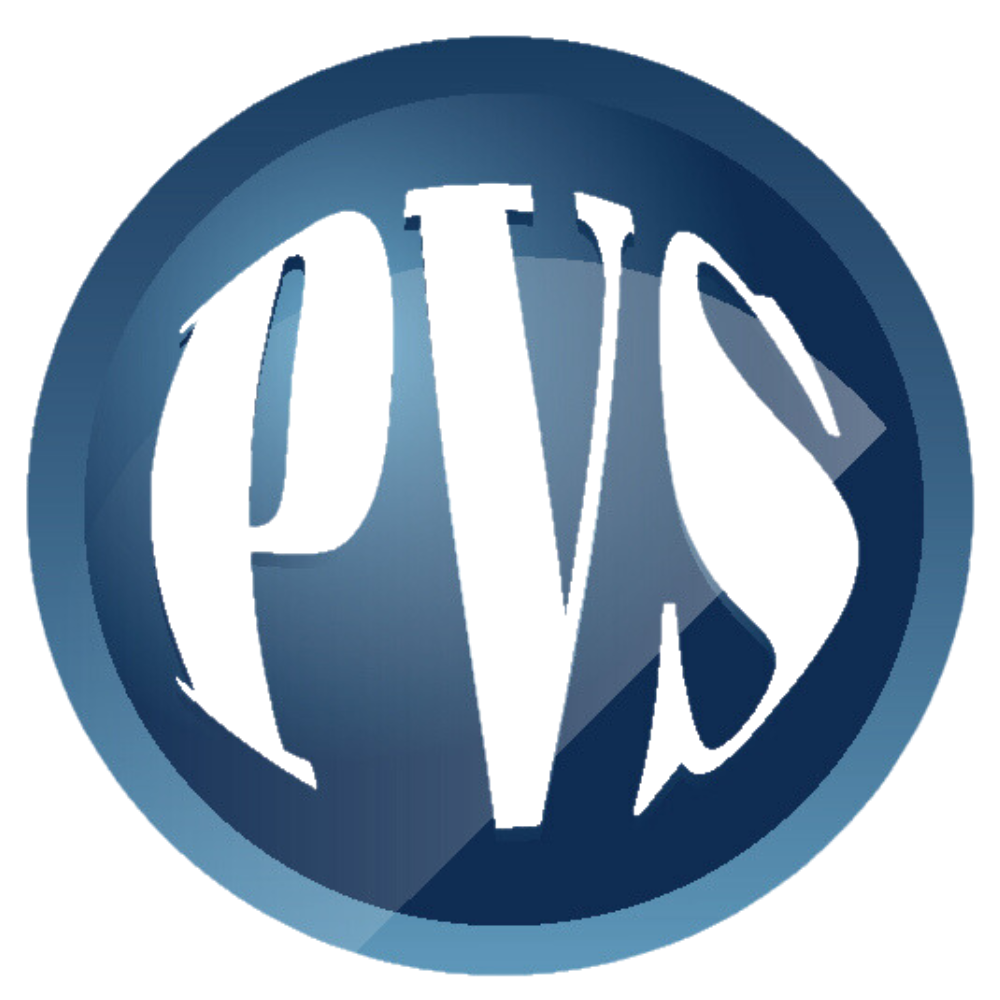







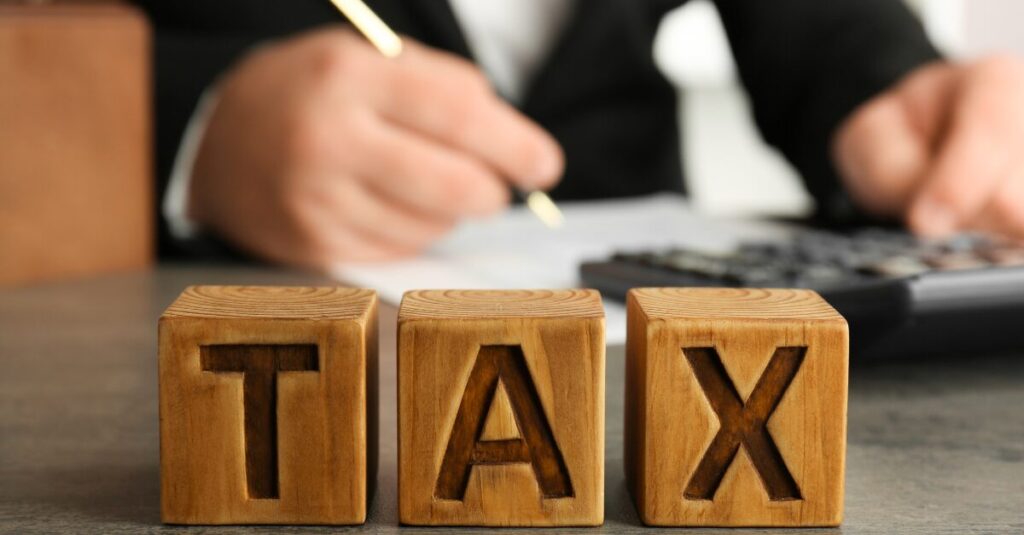



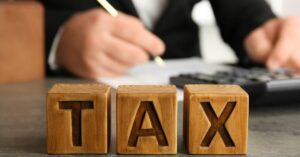



















 What are the steps in filing a business personal property tax protest?
What are the steps in filing a business personal property tax protest? Tangible Business
Tangible Business 



